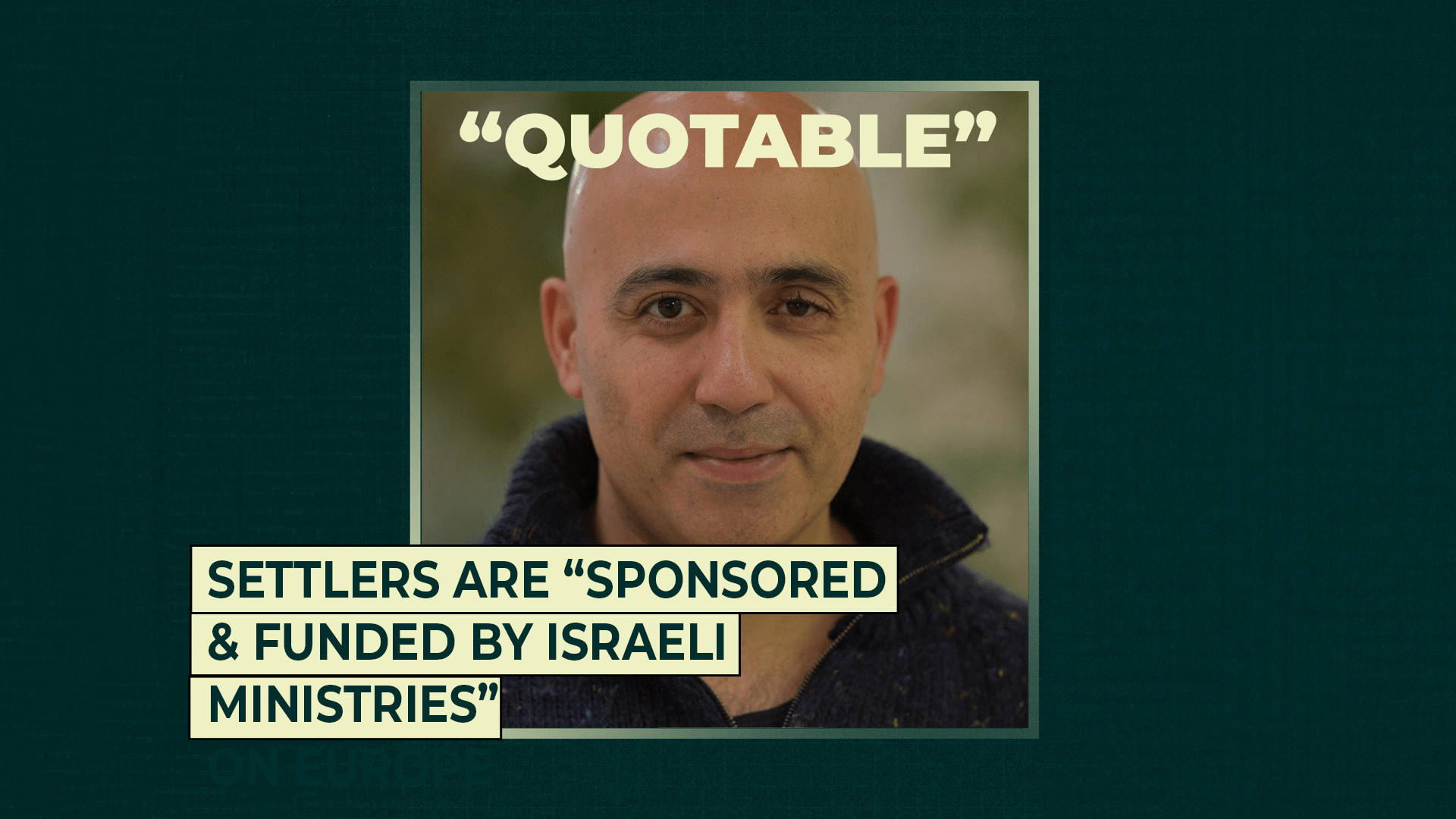The reprieve brought by the end of fighting in Gaza is immense. In Israel, the release of the living hostages has led to widespread elation. In Gaza and the West Bank there are also celebrations, as up to 2,000 Palestinian detainees start to be released – though there is distress, too, due to uncertainty about who is being freed and where they will be sent. In northern Gaza, people can finally return to dig through rubble for the remains of an estimated 10,000 missing people.
As recently as three weeks ago, the likelihood of a ceasefire appeared remote. But it has taken effect, and on Monday Donald Trump travelled from Jerusalem, where he was cheered in the Knesset, to Sharm el-Sheikh in Egypt. There, he joined a high-powered peace summit of more than 20 world leaders, including Sir Keir Starmer. The plan for peace begun there is due to be continued at a conference in the UK. The US president, acting with international partners, did make this deal happen – despite, not because of, Israel’s prime minister Benjamin Netanyahu.
Hopes that the deal marks the first step toward Palestinian statehood are understandable – but, given historical precedent, somewhat optimistic. It offers no clear path to sovereignty for Palestinians and risks splitting, for the foreseeable future, Gaza from the West Bank. Then there is the utter devastation this war leaves behind. The lack of any timeline for Palestinian self-determination in Mr Trump’s plan gives the lie to vainglorious references, in his Knesset speech, to the “historic dawn” of a “golden age”.
The US president could not help himself polarising and personalising the deal in his speech. In a moment of relief – with the hostage release, ceasefire and resumption of aid – he chose to recast it as a morality play in which he alone restored Israel’s honour after supposed betrayal by former US presidents Obama and Biden. This despite the Biden administration a year ago having attempted a similar deal: a ceasefire tied to humanitarian access and eventual political talks.
A plan that denies one side meaningful agency cannot yield legitimate peace. The ceasefire and aid trucks are to be welcomed. But this is not yet political progress. Without mechanisms guaranteeing Palestinian participation and control over their own institutions, any deal risks freezing subjugation under the language of peace.
Gaza’s people desperately need humanitarian aid – and food and medicines must be the first priority. But reconstruction cannot wait. Amid 60m tonnes of rubble, Palestinians need help restoring homes, schools, hospitals, mosques and other institutions shattered by Israel’s invasion. For Gaza’s transitional administration to succeed, funding must flow quickly and security gaps be filled. Like much of Mr Trump’s peace plan, references to an international stabilisation force and a proposed “board of peace”, with Sir Tony Blair, are alarmingly vague.
Strong international support for the Palestinian Authority, enabling it to take over from Hamas, is probably the most promising possibility. The enormous suffering of the past two years means the moral case for a resolution to the conflict is arguably more urgent than ever. But while the ceasefire, the return of the hostages and commitment by Hamas to “demilitarise” Gaza should be acknowledged as positive steps, Mr Trump’s record gives little reason to believe he will deliver – or feel bound to try. Short-term relief does not mean that the prospect of a Palestinian state has been brought closer.
-
Do you have an opinion on the issues raised in this article? If you would like to submit a response of up to 300 words by email to be considered for publication in our letters section, please click here.


